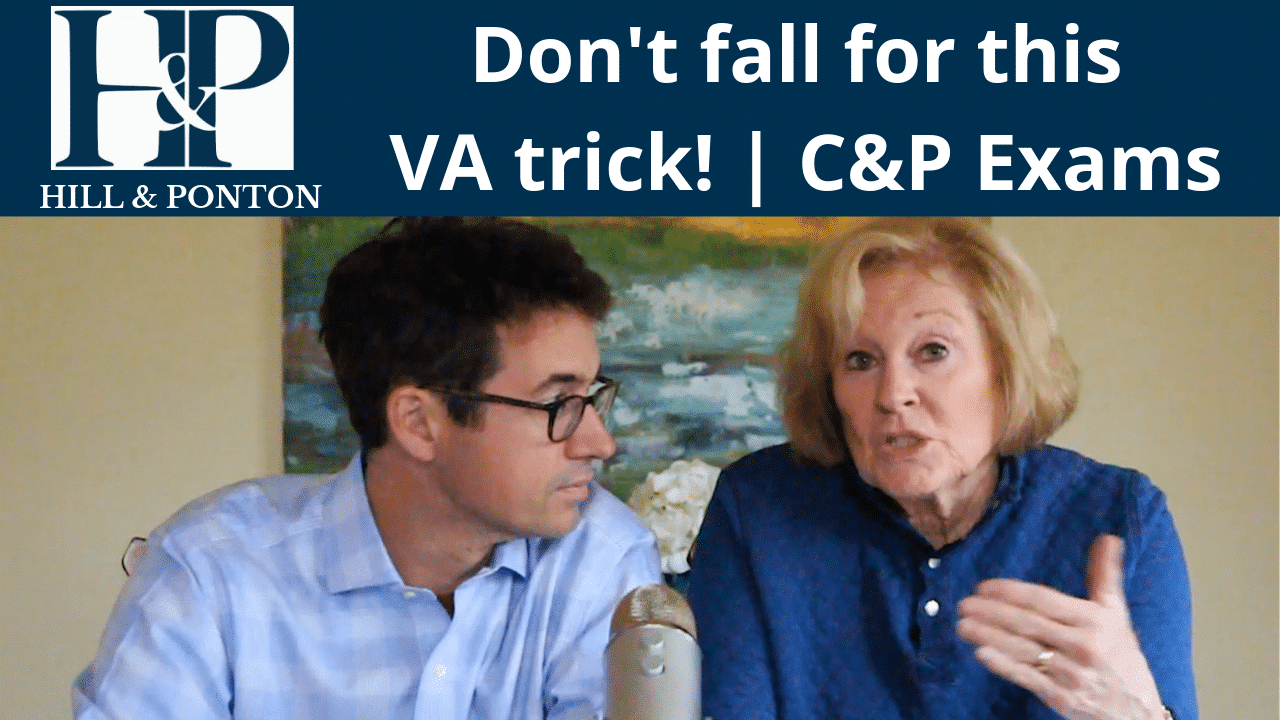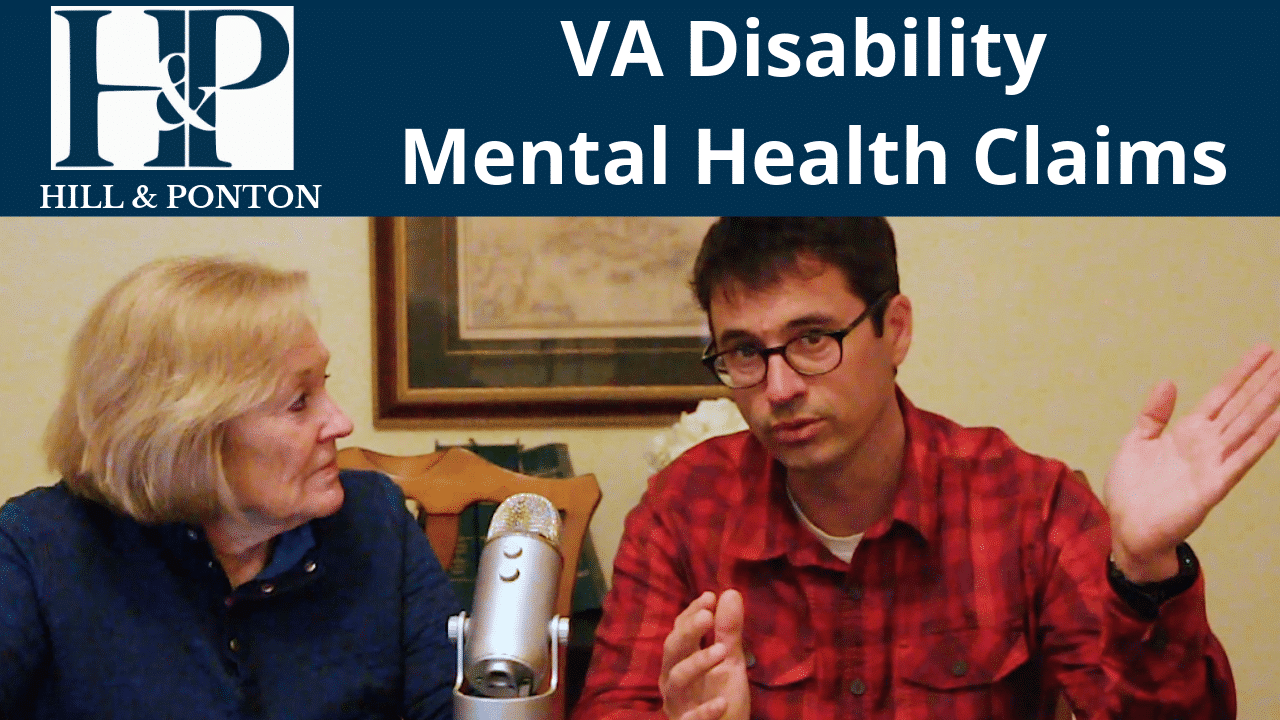PTSD is the only mental illness to have its own VA regulation. For a veteran to receive service connected compensation for PTSD he must show three things. First, he must have a current diagnosis of PTSD. Second, he must provide credible supporting evidence of a stressor while the veteran was in service. Third, he must have a medical nexus (link) between the PTSD symptoms and what happened in service.
The diagnosis of PTSD must have been provided by a qualified medical professional, which is either a medical doctor or a Ph.D. in psychology. Even though the VA uses licensed mental health social workers to treat veterans—not to mention that these medical professional are competent and well trained— the VA will not accept their opinions diagnosing PTSD.
Regarding the credible supporting evidence of a stressor, the veteran has to provide evidence in addition to his testimony of what happened in service. This evidence can be in the form of service records, buddy statements, newspaper reports, unit records— anything that supports the stressor that the veteran talks about.
As far as the nexus is concerned, it has to be provided by a doctor and the doctor must link the PTSD to the verified stressor. This link is a little more complicated than it seems because most veterans have multiple stressors. Let me give you an example, where a veteran had two stressors in service, one verified and one not. For the first stressor, the veteran was in a car accident in service in which his best friend was killed. There are service records and hospital records backing up this stressor. The second stressor was when the vet was in his bunk and some fellow soldiers came into the room and threw a grenade at him. The grenade was a dummy but the veteran did not know that and he still has nightmares about it. There is no independent verification of this stressor. For the veteran to receive service connected compensation for his PTSD, the doctor would have to relate his PTSD specifically to the car accident in service because that is the only stressor with independent verification.
There are certain situations where the VA does not make the veteran show independent verification of a stressor. If a veteran was diagnosed with PTSD in service then the VA will not ask for proof of a stressor. If the veteran can prove that he was in combat and that his PTSD is related to combat then he does not have to provide the VA independent verification of a stressor. Similarly, if the veteran was a POW then he does not have to provide verification of a stressor if the stressor is related to being a POW.
Recently, the VA added a new presumption where the veteran does not have to show verification of his stressor. If a VA doctor finds that the veteran’s PTSD relates to fear of hostile military or terrorist activity then the VA will not require independent verification of the stressor. Of course, there are a couple of catches here. It has to be a VA doctor to do this—if the veteran has a diagnosis of PTSD related to fear of hostile military or terrorist activity from a private doctor then the VA is still going to require the veteran to show proof of the stressor. Another problem with this rule is if the VA doctor finds that the veteran does not have PTSD but depression or anxiety or a mood disorder that is related to fear of hostile military or terrorist activity the VA will require the veteran to show proof of the stressor. This rule only works if the VA doctor relates PTSD to a fear of hostile military or terrorist activity.
Another situation where the VA has reduced the burden of proof on the veteran is where the stressor involves an in-service personal assault. The VA has admitted that instances of assault in service are both underreported and under recorded, in that most people are too embarrassed to report these attacks and then even where someone did report it the report is never officially filed by the authority responsible for doing so.
Most commonly an in-service personal assault is a rape or a sexual assault. This is commonly referred to as a military sexual trauma or an MST. But an in-service personal assault can take other forms—being physically assaulted or even verbally harassed.
In these situations, the VA will look for evidence outside the veteran’s service records such as records from law enforcement, rape crisis centers or pregnancy tests. The VA will also accept evidence of behavior changes such as statements from relatives as to how the veteran was before service compared to how he was after service.




